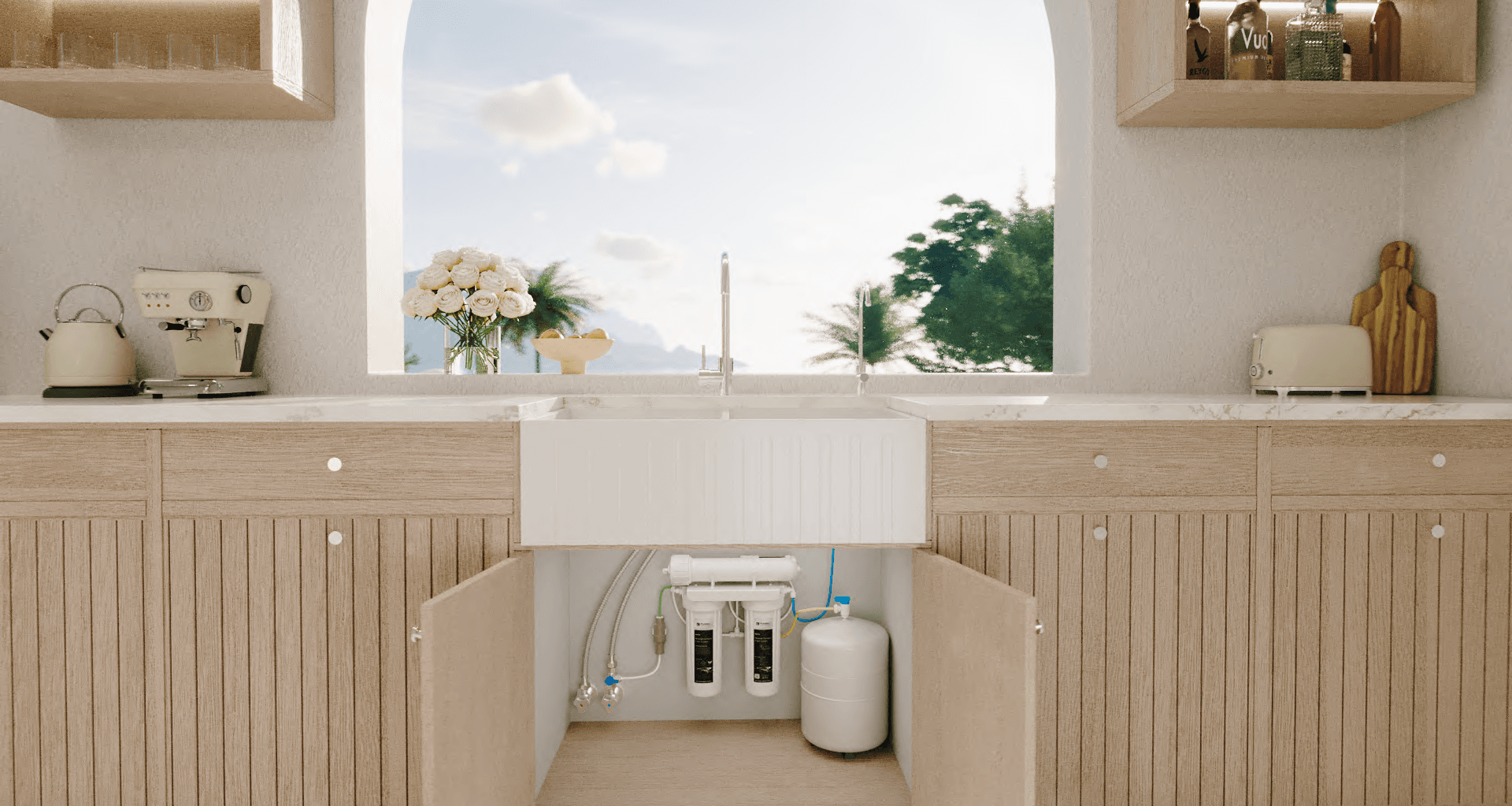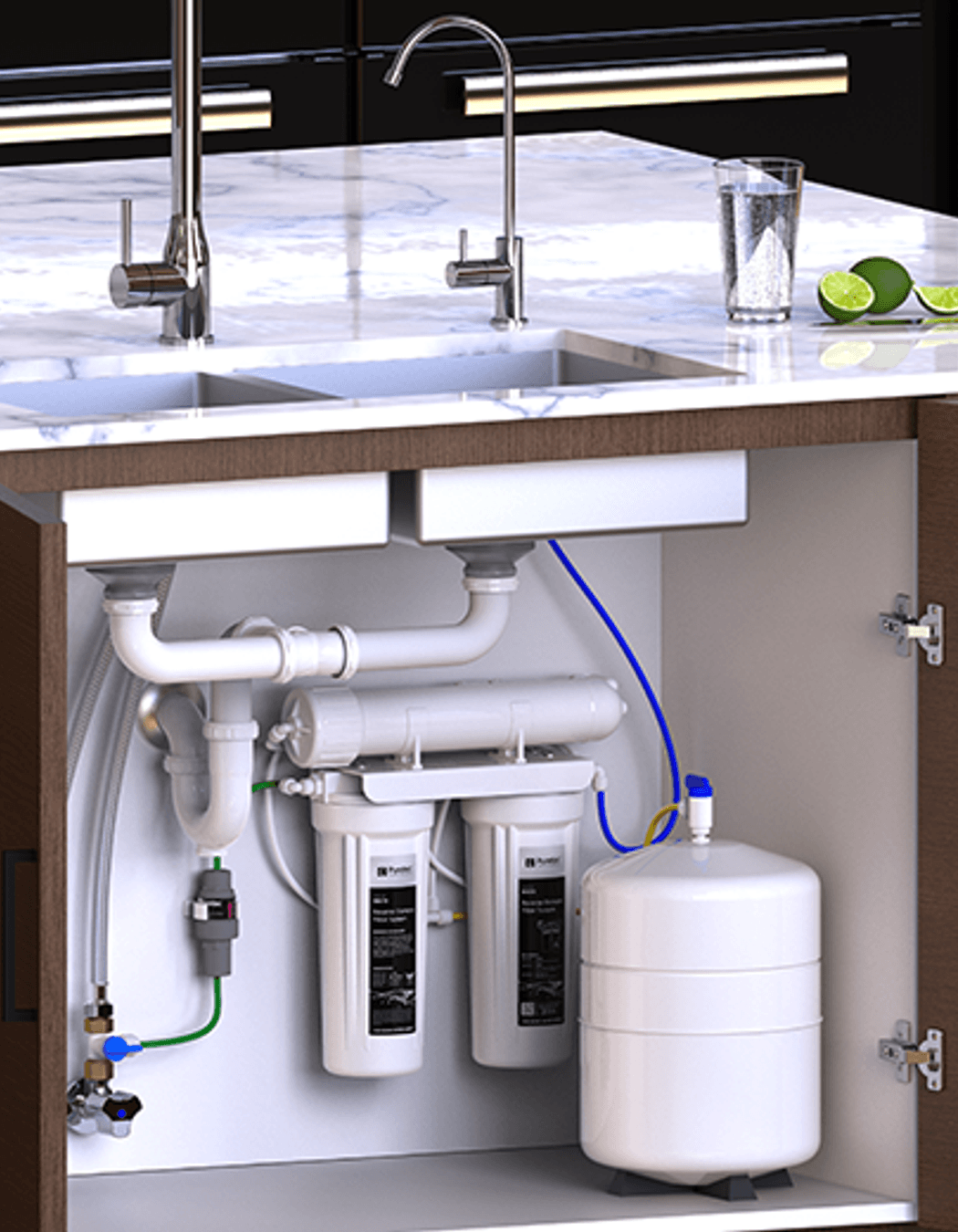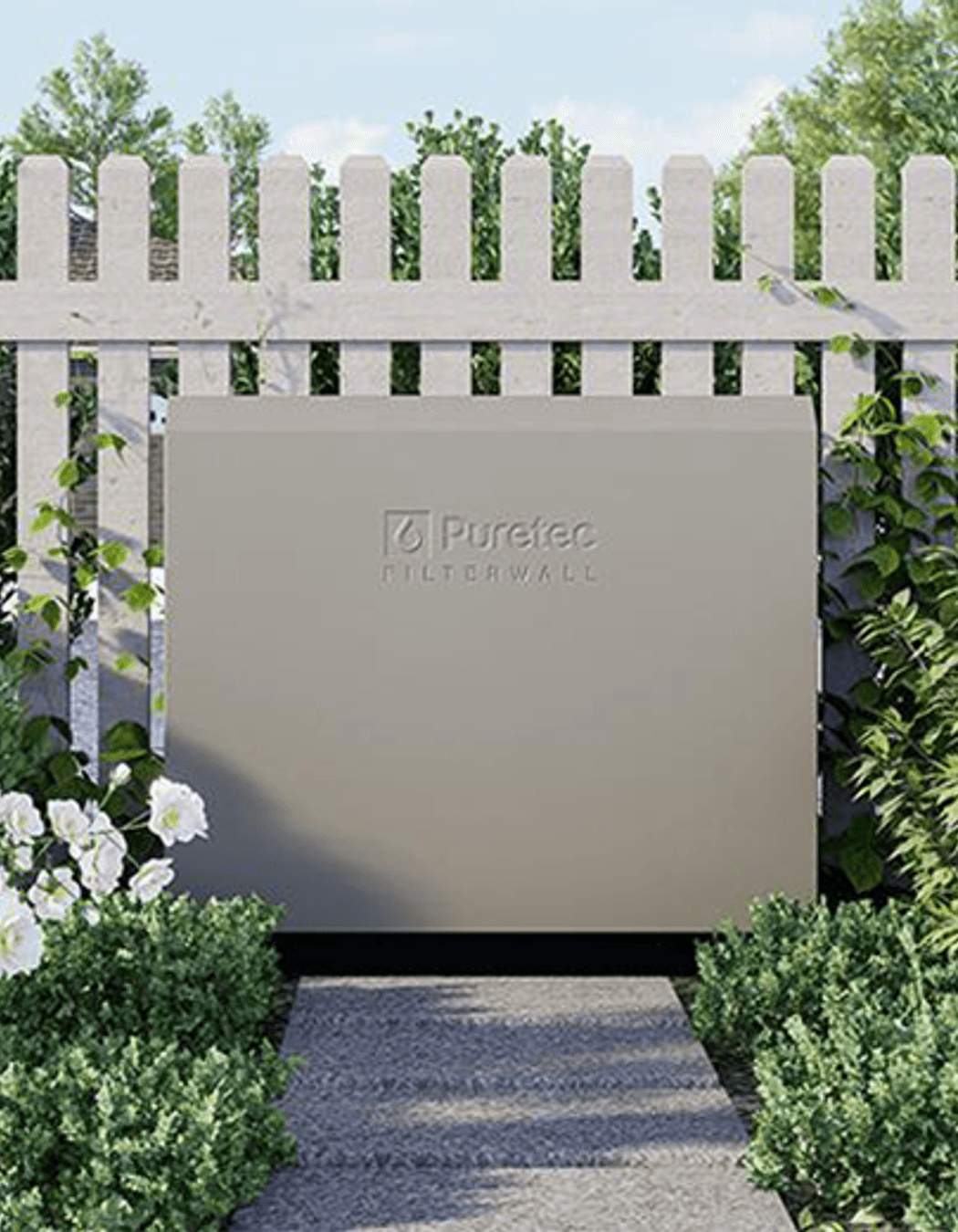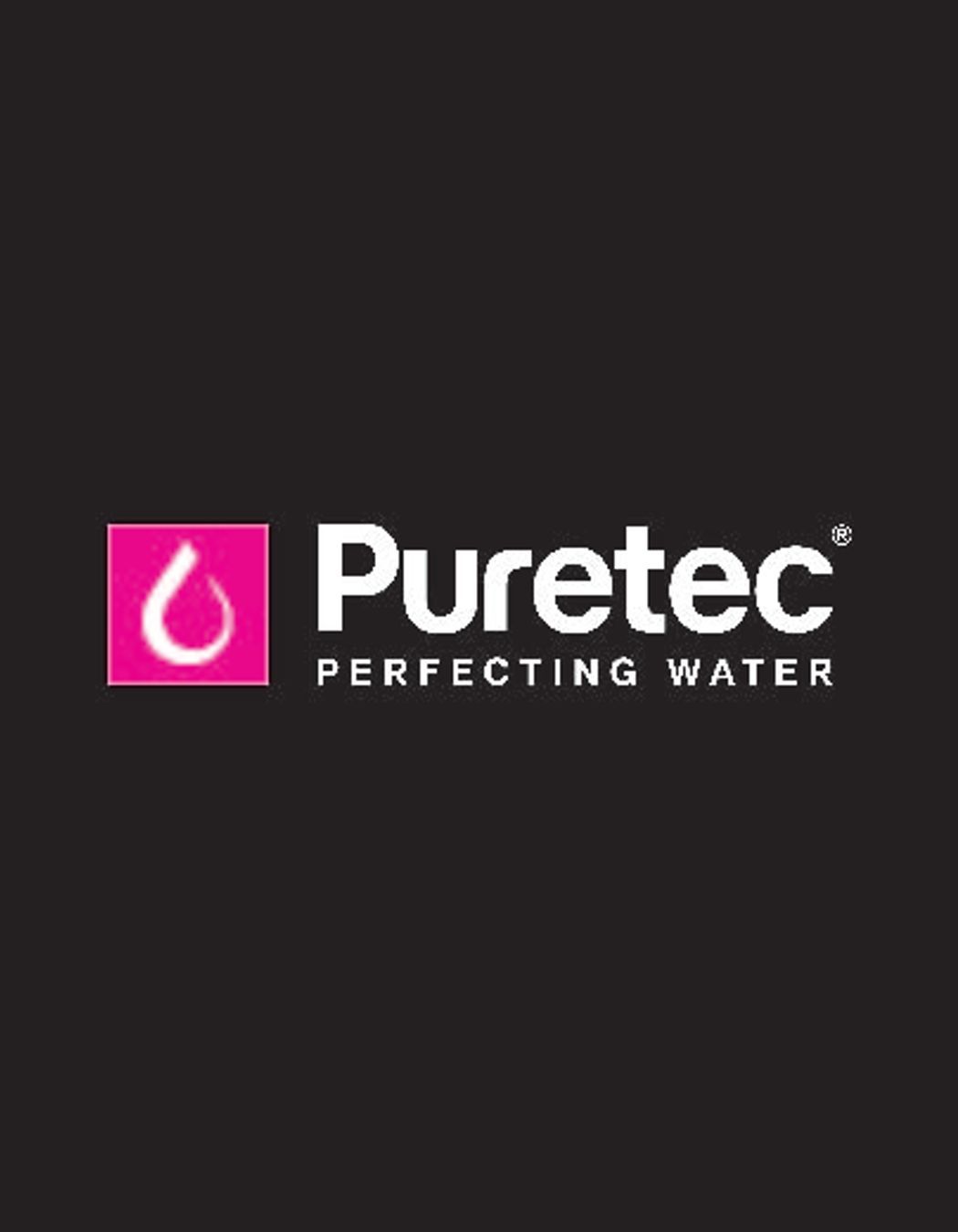How Reverse Osmosis Filtration Solves Fluoride, PFAS, & Heavy Metal Issues

Why Choose Reverse Osmosis for Water Filtration?
Reverse osmosis is a proven technology that uses a semi-permeable membrane to remove contaminants from water. This method is particularly effective in addressing:
- Fluoride: While fluoride can help with dental health, excessive amounts can be harmful. RO systems efficiently reduce fluoride levels, ensuring your water remains safe and pleasant to drink.
- PFAS (Per- and Polyfluoroalkyl Substances): These "forever chemicals" are persistent and can be harmful to health. RO systems are highly effective at removing PFAS, providing cleaner and safer water.
- Heavy Metals: Contaminants like lead, arsenic, and mercury pose serious health risks. RO filtration removes these metals, giving you peace of mind that your water is free from harmful impurities.

Reverse osmosis is a process that forces water through an extremely thin barrier, known as a membrane, that separates chemicals from the water.
The ultra-fine membrane of the RO270 operates by rejecting impurities and flushing them out to drain. This system effectively removes* up to 98% of all dissolved impurities, fluoride, heavy metals, salts, viruses, bacteria, cysts, nitrate, chlorine, taste, odour, and chemicals like PFAS to a micron level of approximately 0.0005⁺. Best option for removing* PFAS from your water
The most effective solution for PFAS removal*, is to pair a FilterWall™ F Series whole house filter with a RO270 under sink reverse osmosis system.
To learn more about Reverse Osmosis Filtration - Solutions for Fluoride, PFAS and heavy metals. Check the blog here for more information
Selecting the Right RO System for Your Needs
Choosing the right RO system is essential for optimal performance. Here are key factors to consider:
- Water Quality: Start with a water test to identify specific contaminants in your supply. This will help you select an RO system tailored to address your water quality issues.
- Flow Rate: Consider how quickly you need filtered water. RO systems vary in flow rates, so choose one that matches your requirements, whether for a small café or a large-scale industrial operation.
- Water Waste: Traditional RO systems can produce wastewater. Opt for models with eco-friendly features, such as Puretec’s systems with built-in shut-off valves that stop production when the storage tank is full, reducing waste.

Comparing RO Systems to Other Filtration Methods
When evaluating water filtration options, it’s helpful to compare RO systems with other methods. For example, Puretec’s FilterWall F Series is a great alternative for whole-house filtration, especially in areas with municipal water sources. This filter reduces up to 98% of chlorine, PFAS chemicals, and sediment while preserving healthy minerals.
Conclusion
Reverse osmosis filtration is an excellent solution for addressing commercial water issues related to fluoride, PFAS, and heavy metals. By understanding your water quality and filtration needs, you can select the ideal RO system for your business or home. With Puretec’s reliable water filtration solutions, you can achieve cleaner, safer water tailored to your specific requirements.
For more information on our range of reverse osmosis systems and other water filtration solutions, visit Puretec’s website. Discover how we can help you ensure the best water quality for your needs.

Why Puretec is Your Best Choice
For over 30 years, Puretec has been providing exceptional water purification solutions across Australia and New Zealand. You can trust that you're getting top-quality water filtration solutions tailored to your needs. As trusted experts in water filtration, we offer world-class solutions that embody our commitment to 'Perfecting Water'.
Explore our range of reverse osmosis systems and experience the health benefits of pure, clean water.
FAQs
Does reverse osmosis remove all chlorine?
Reverse osmosis water filter reduces up to 98% of the chlorine content in water, but it ultimately depends on how the amount of chlorine you have in your water supply.
Does reverse osmosis reduce PFAS chemicals?
Yes, there are a number of Puretec system solutions, that can be used to reduce the amount of PFAS we expose ourselves to. Carbon filters have been shown to effectively reduce and absorb PFAS in water, with a reverse osmosis membrane providing even greater levels of reduction. Read article here
Does reverse osmosis reduce heavy metals, salt, and minerals?
The Puretec under sink Reverse osmosis water filter effectively reduces up to 98% of all dissolved impurities, including heavy metals, salts, viruses, bacteria, cysts, fluoride, nitrate, and more.
What is an RO membrane?
An RO membrane is the media used in a reverse osmosis (RO) system. It's a thin, selective barrier that allows only water molecules to pass through, blocking out most contaminants.
How often should I replace my RO filter and membrane?
To maintain the high quality of the purified water, the cartridge needs changing every 6 months (dependent on water quality and usage).
Does boiling water reduce fluoride from my water?
Boiling the water does not significantly change the levels of fluoride added.
